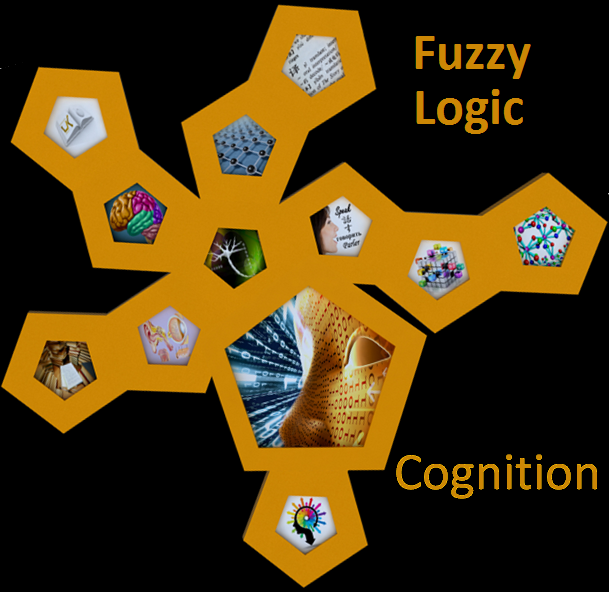| 5 |
Fuzzy Logic Section Intro |
5.21 |
At the Edge of Possibility |
| 5.1 |
To Choose or Not to Choose |
5.22 |
Thresholds in Fuzzy Logic |
| 5.2 |
The Mind and its Brain |
5.23 |
Common Sense and Thresholds |
| 5.3 |
Did You Change Your Mind? |
5.24 |
School of Hard Knocks |
| 5.4 |
Allusion of Clarity |
5.25 |
Generalization and Inference |
| 5.5 |
How Do You Think? |
5.26 |
Cognition and Emotion |
| 5.6 |
Eclecticism and Cognitive Modeling |
5.27 |
Is Everything Black or White |
| 5.7 |
Building a Cathedral of Knowledge |
5.28 |
Is Anything True or False |
| 5.8 |
Universal Theory of Knowledge |
5.29 |
Context of Knowing Thinking and Believing |
| 5.9 |
Probability of Understanding Meaning |
5.30 |
Truth Belief and Confidence |
| 5.10 |
Decide on Fuzzy Logic |
5.31 |
Generating and Qualifying Propositions |
| 5.11 |
Inference in the Face of Uncertainty |
5.32 |
Context and Expectations |
| 5.12 |
Your Personal Bubble |
5.33 |
Causal Chains in Action |
| 5.13 |
In the Middle of a Big Wide World |
5.34 |
Knowing About Agents and Instruments |
| 5.14 |
The Context of Knowledge |
5.35 |
A Good Excuse for Heuristic Logic |
| 5.15 |
Joe’s Theory of Everything |
5.36 |
Symmetrical Logic and Lineage |
| 5.16 |
Building a Concept Hierarchy |
5.37 |
Abstract Contexts and Fuzzy Reasoning |
| 5.17 |
Probability and Expectations |
5.38 |
Are you who you say you are? |
| 5.18 |
That’s so Random! |
5.39 |
The Nature of Innovative Thinking |
| 5.19 |
The Random Hamlet |
5.40 |
Chemicals And Cognitive Performance |
| 5.20 |
Monkeys with Typewriters at the Threshold |
Bib |
References in the Bibliography |









